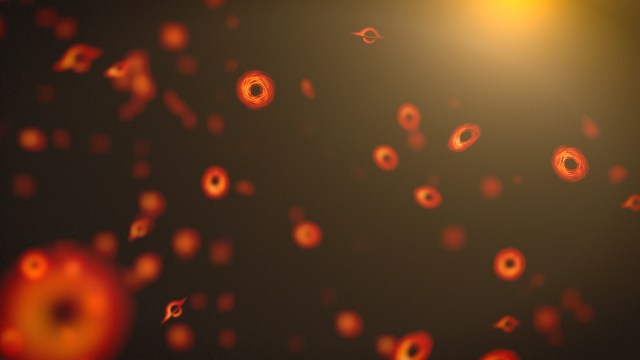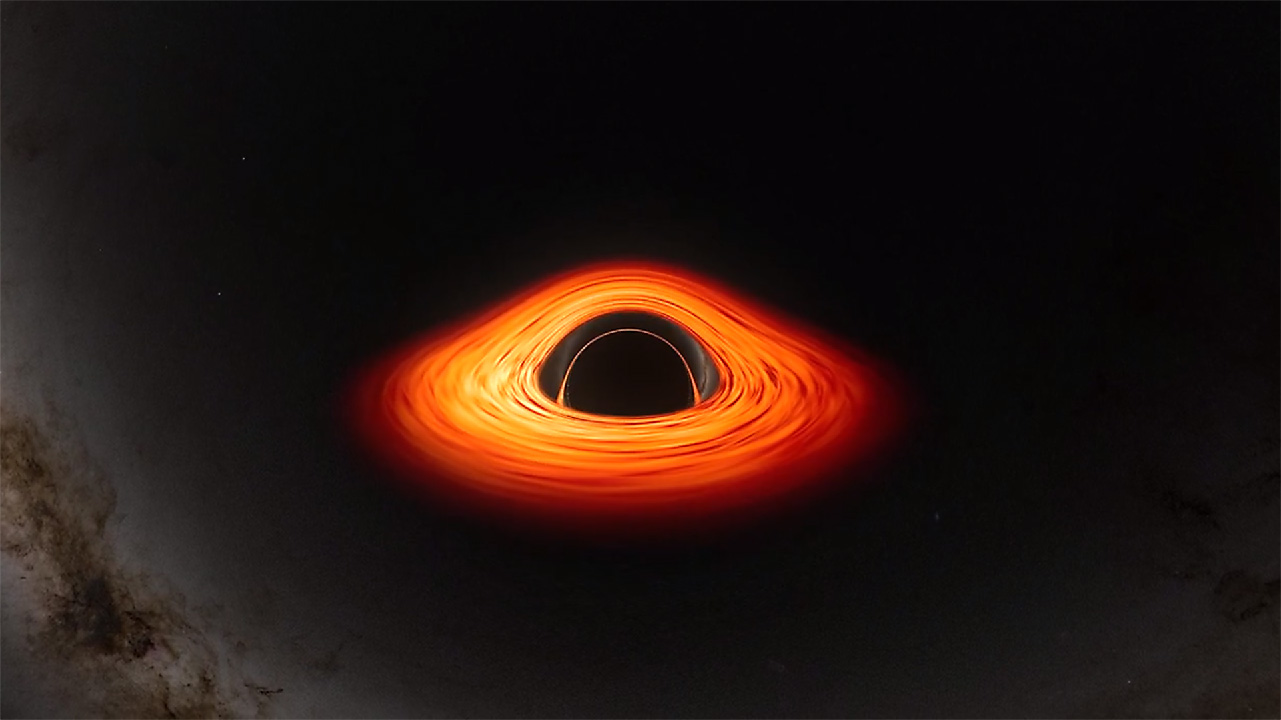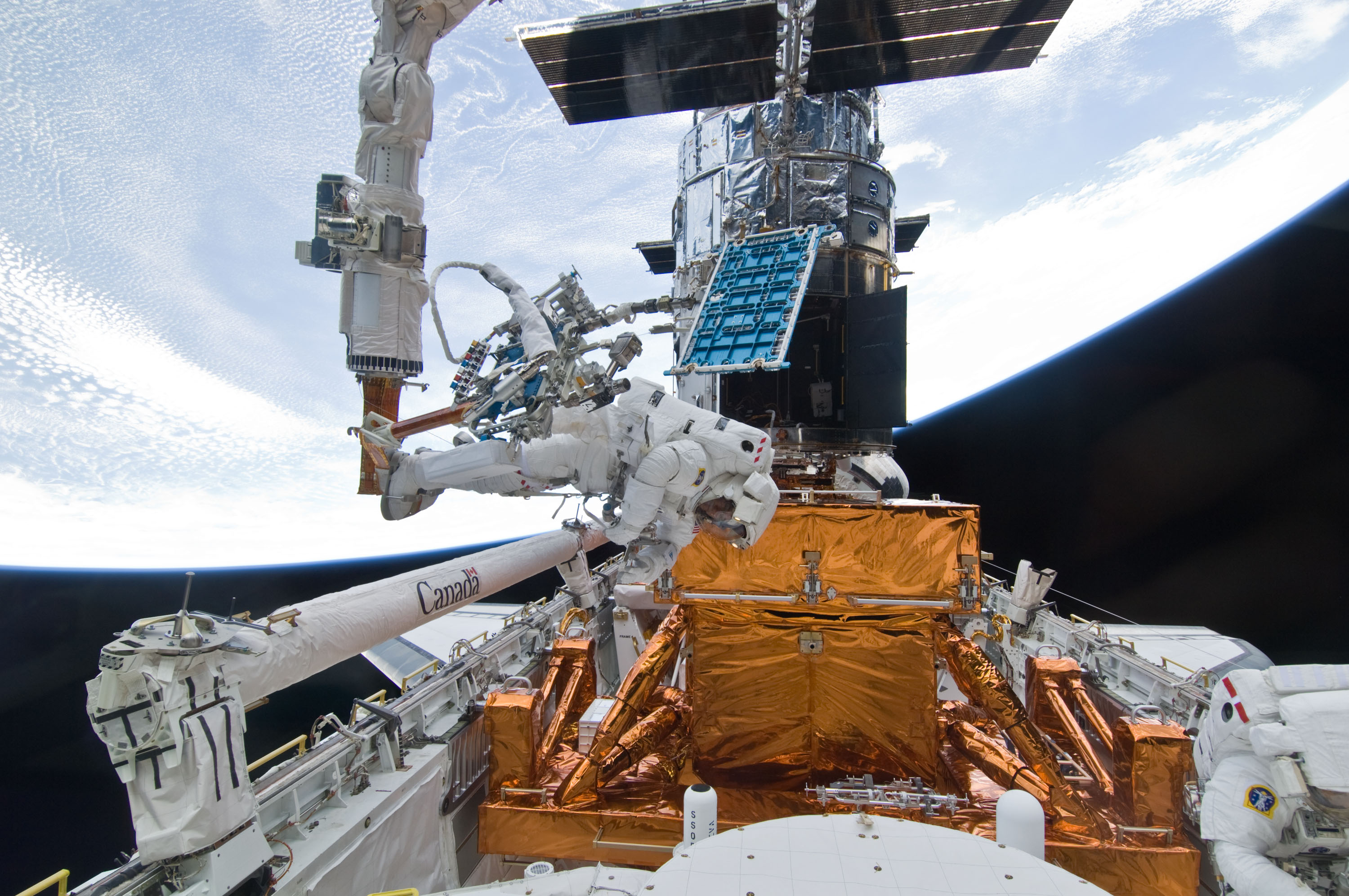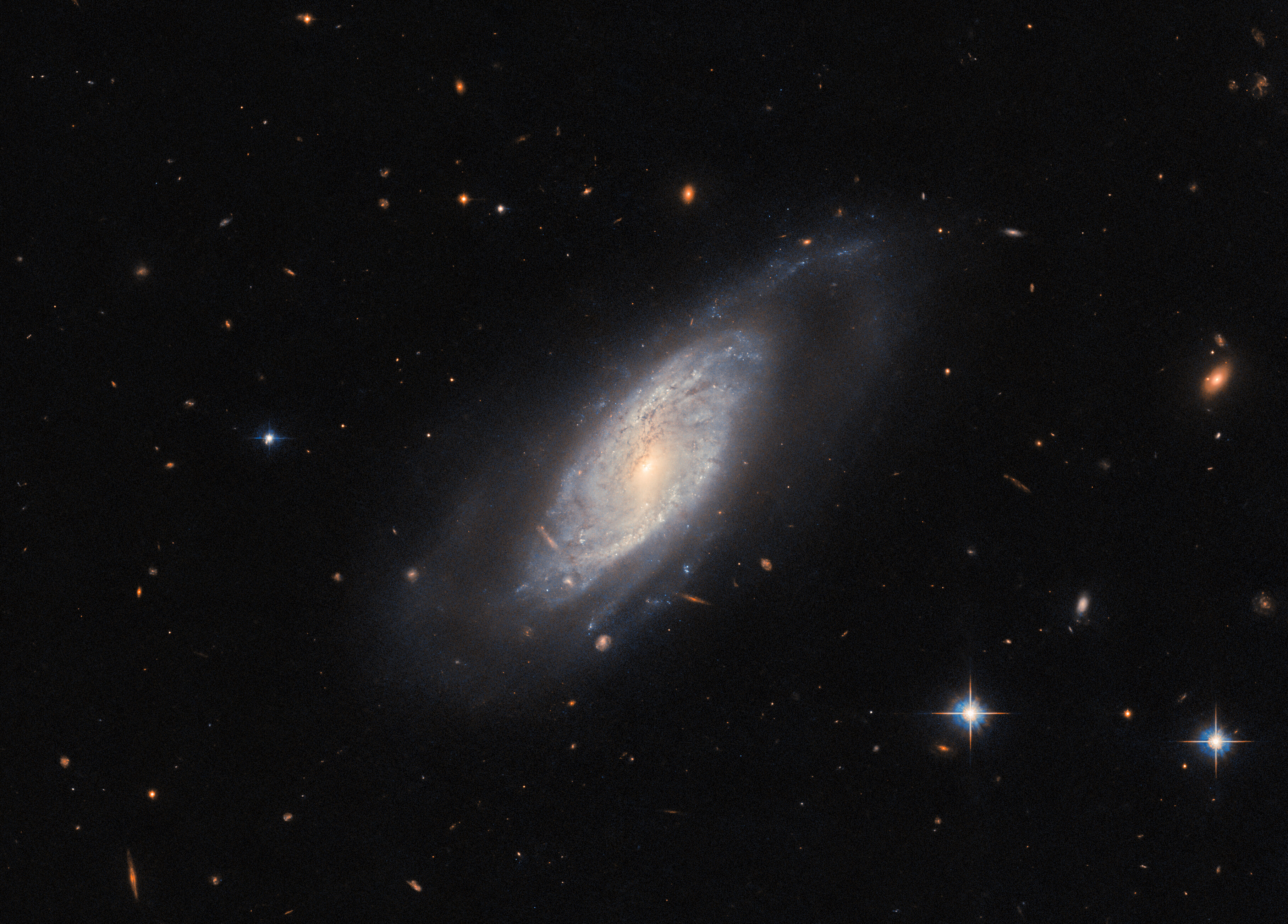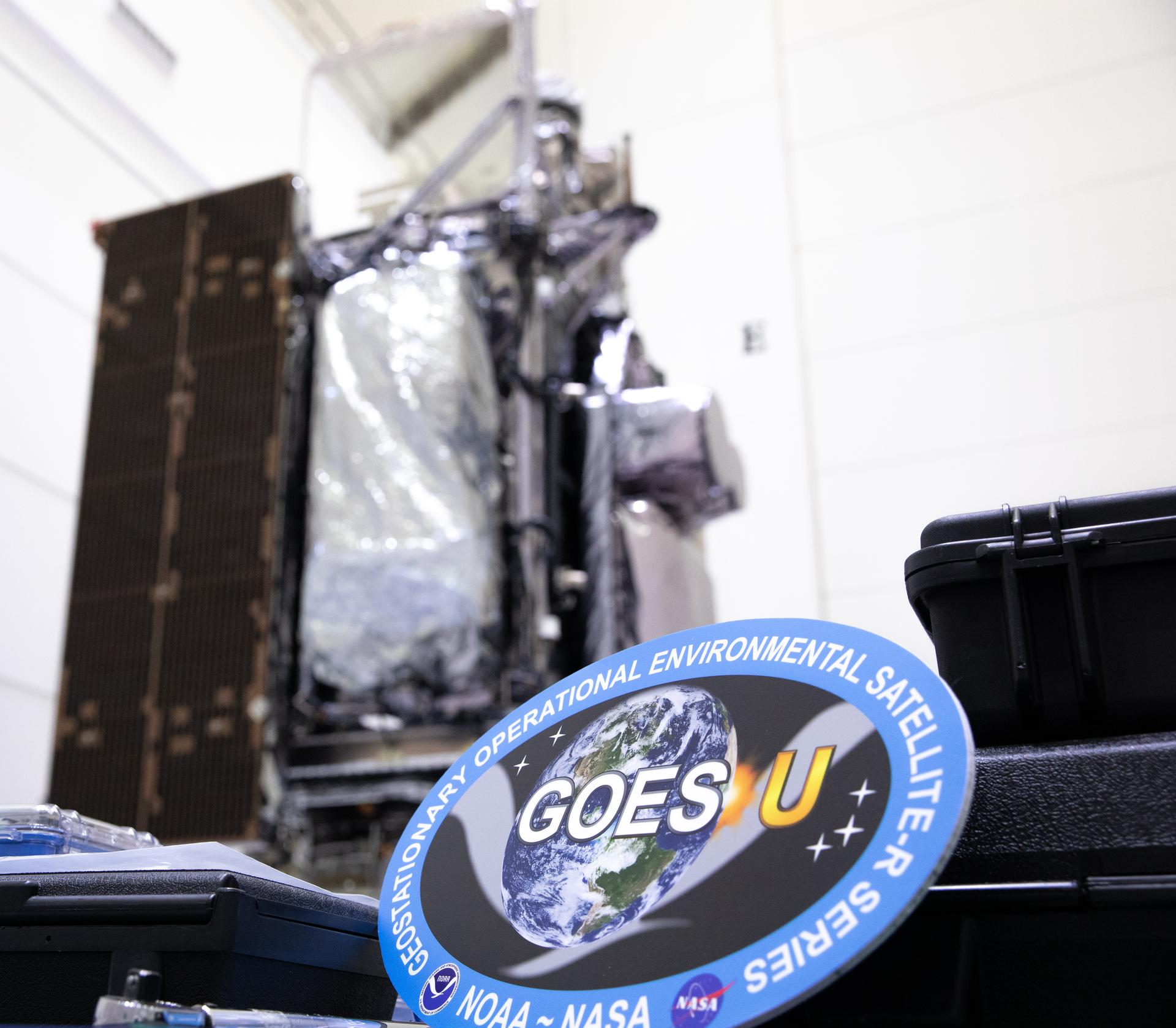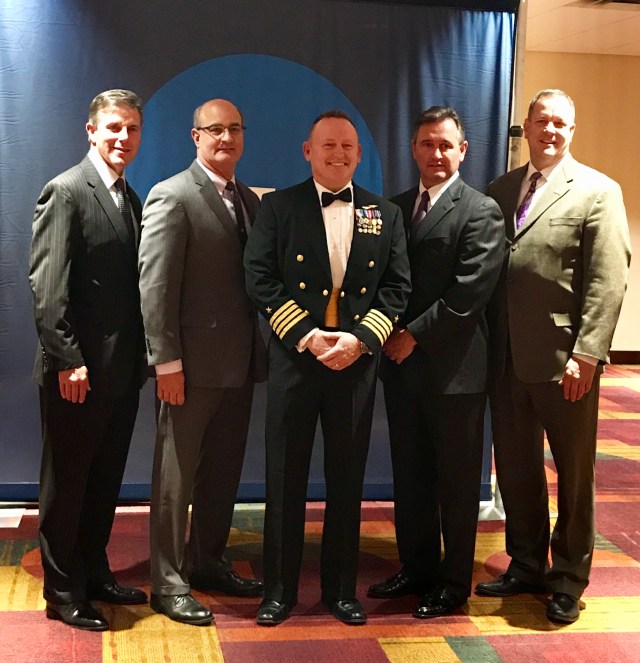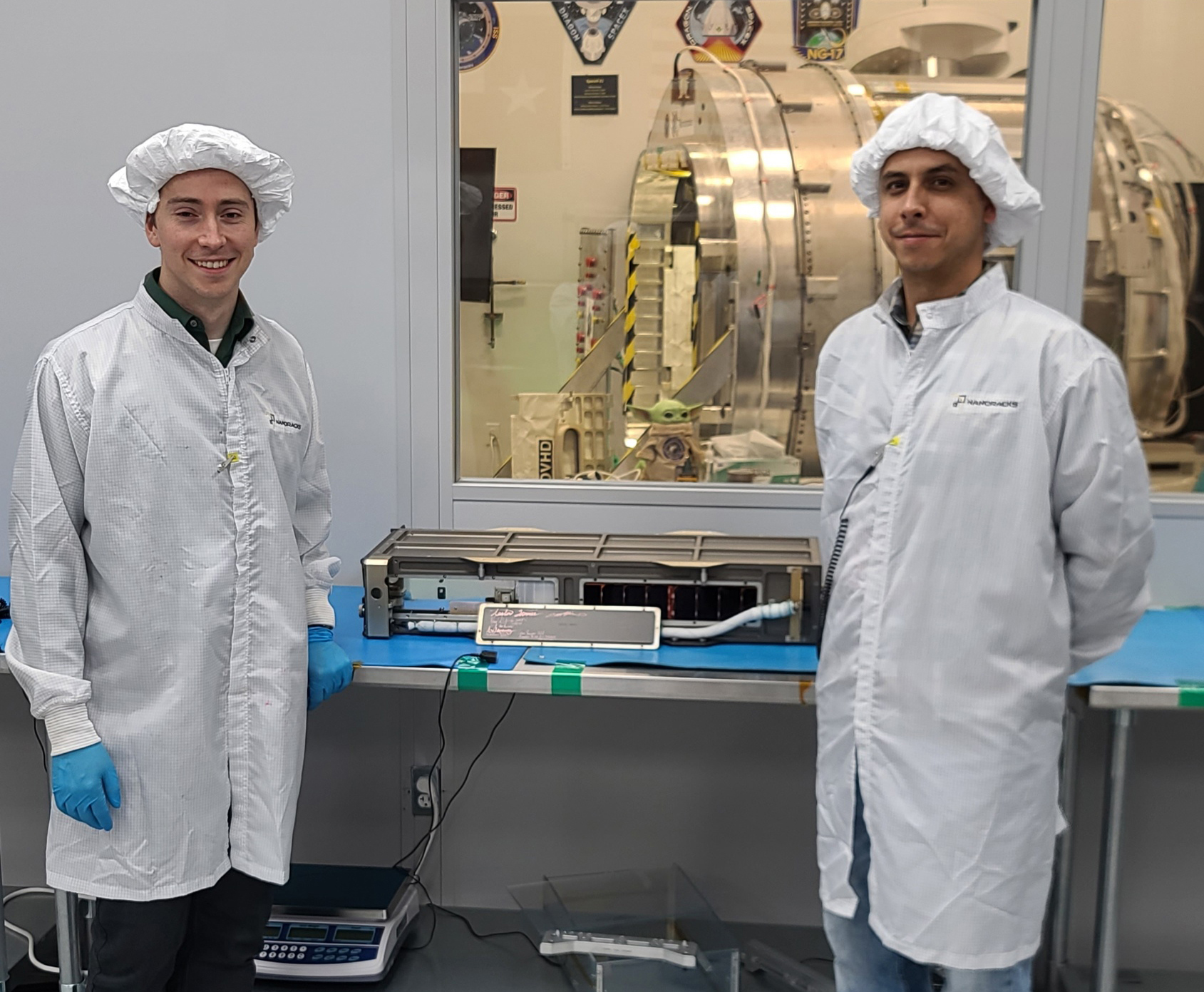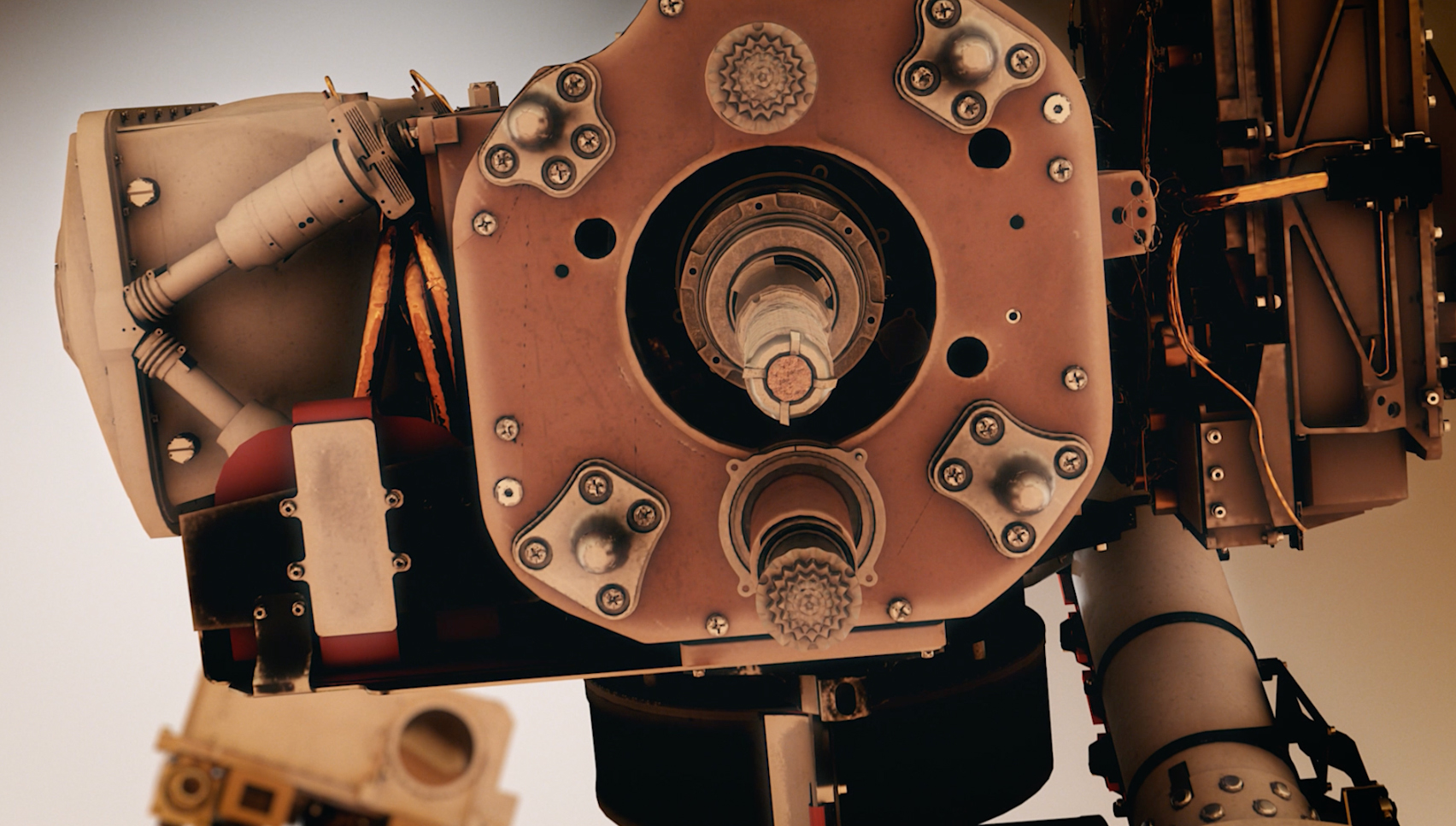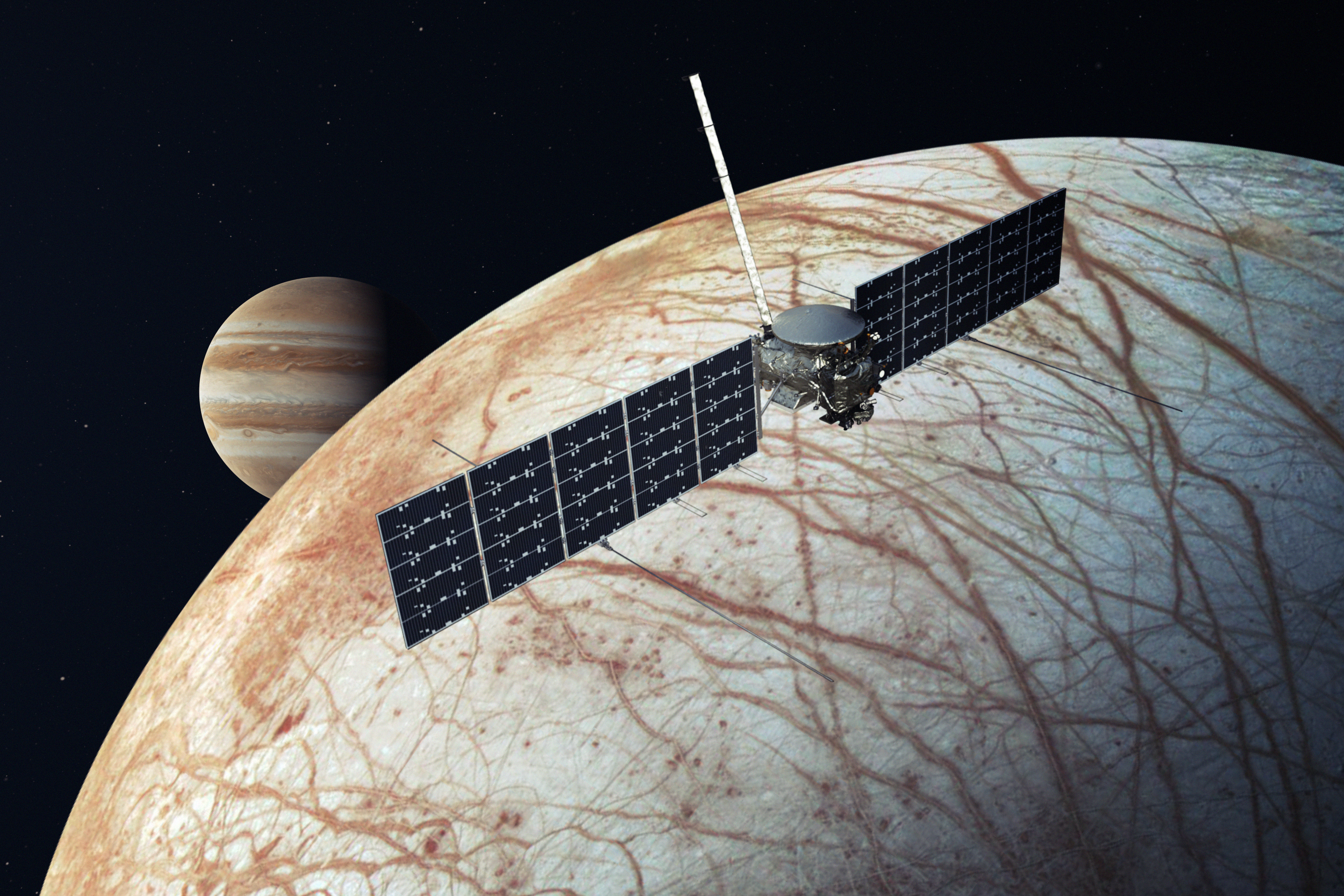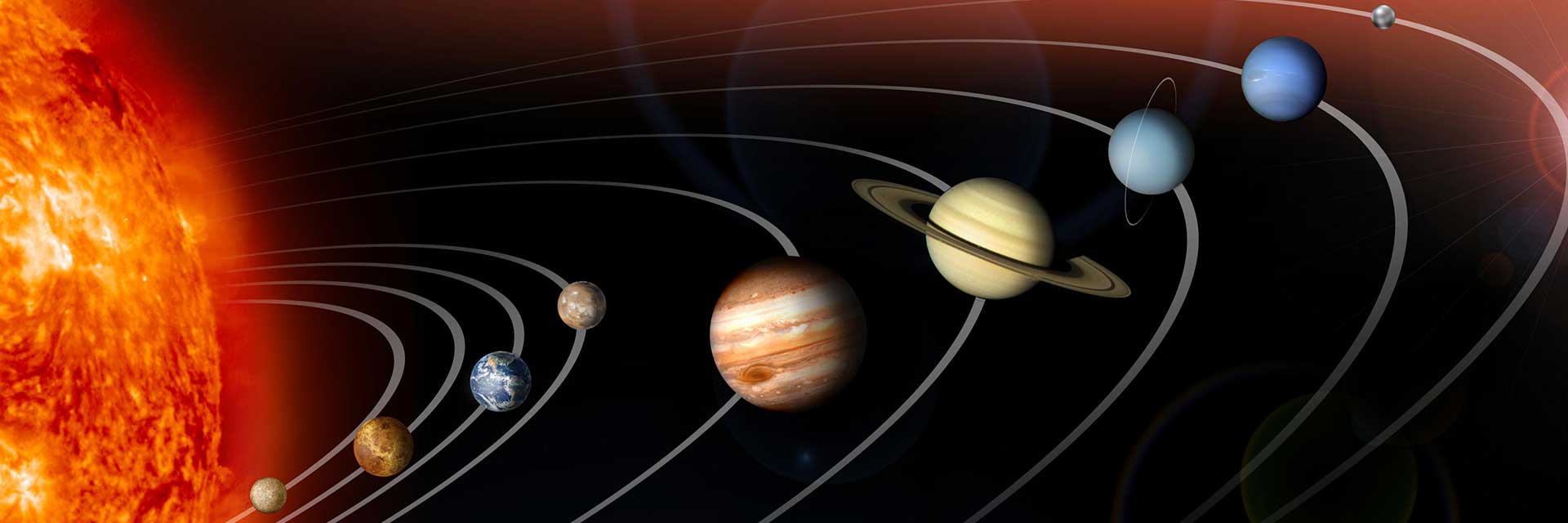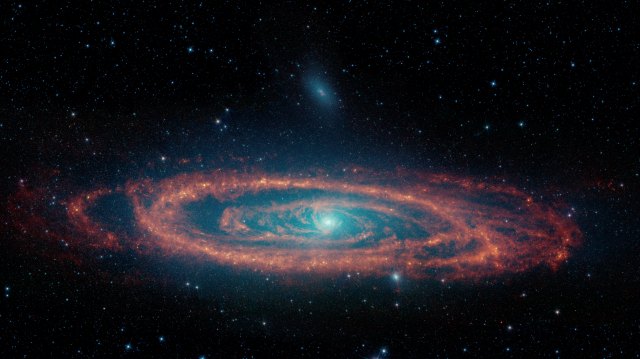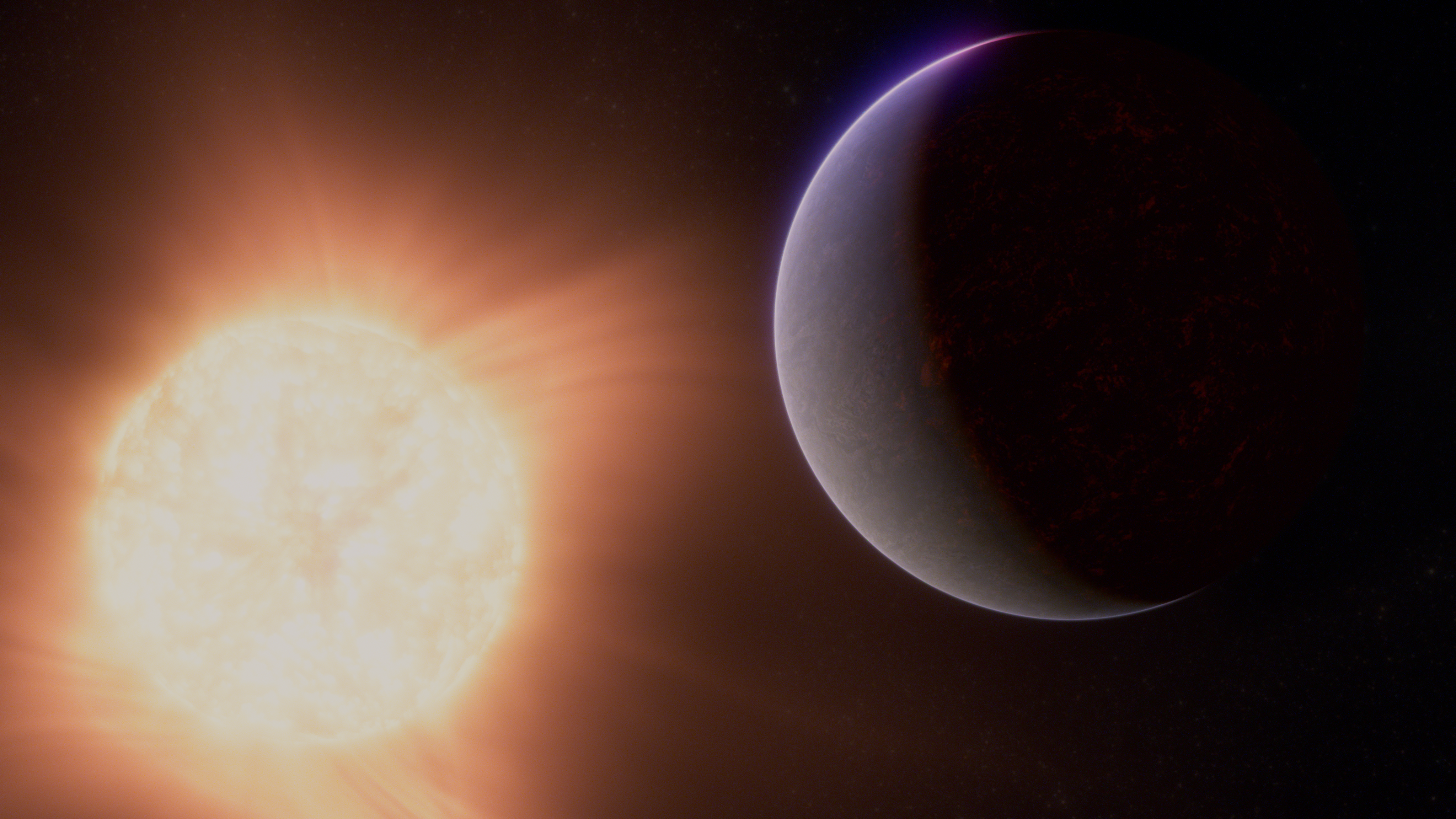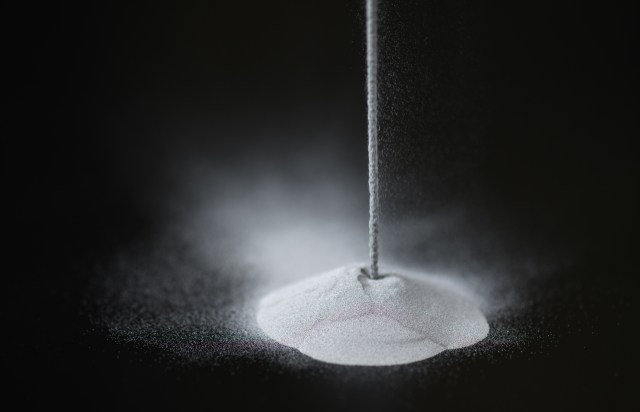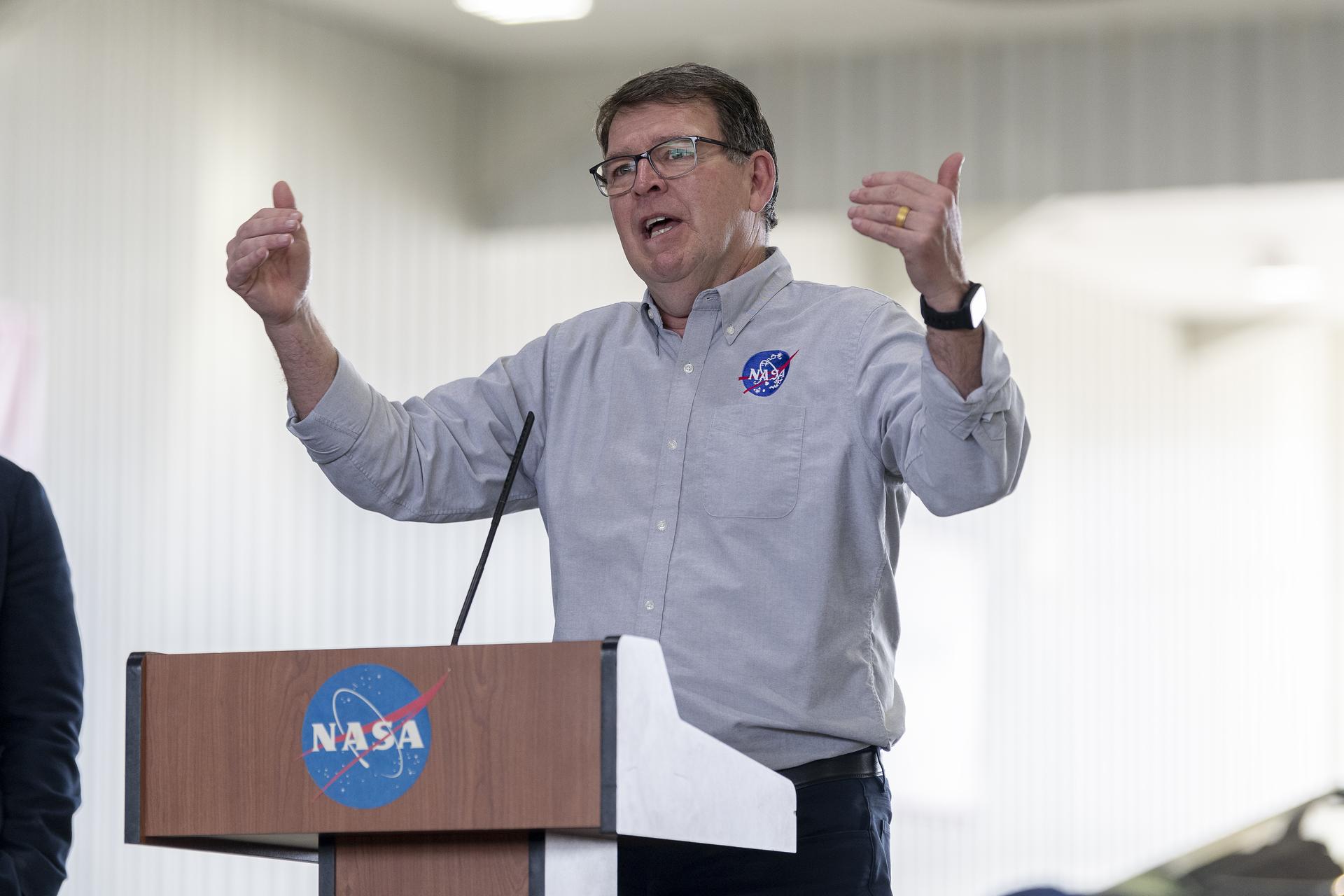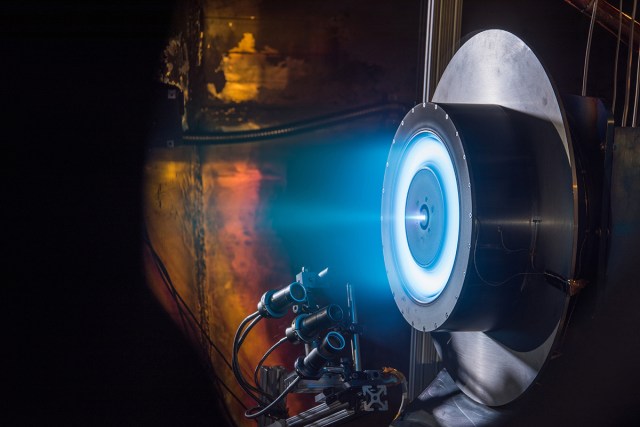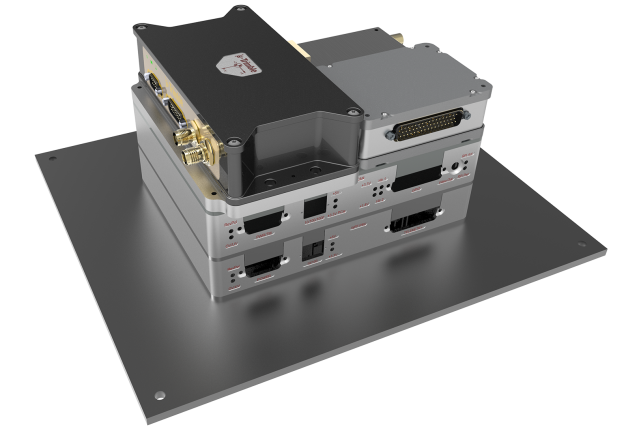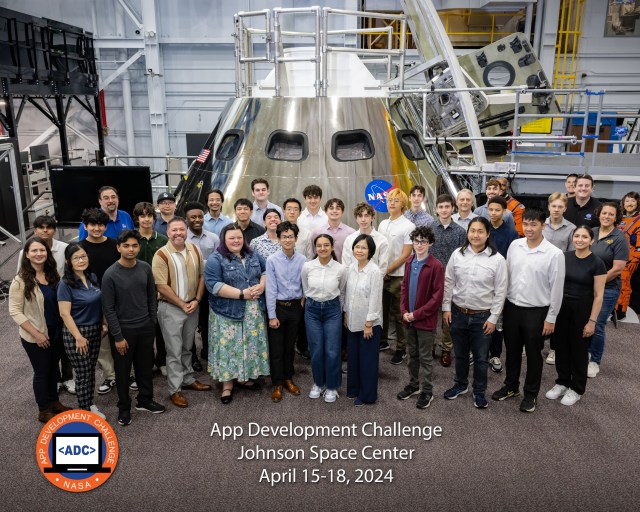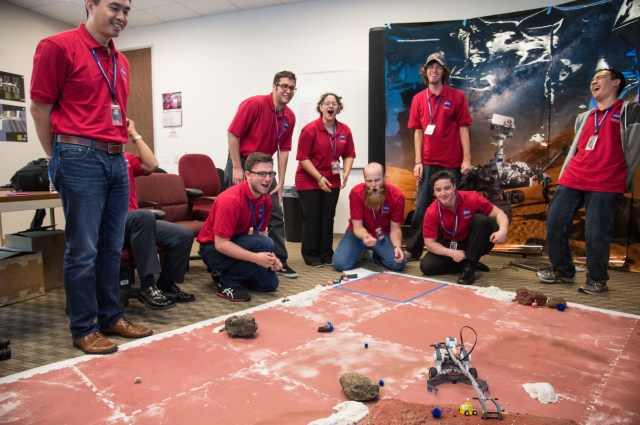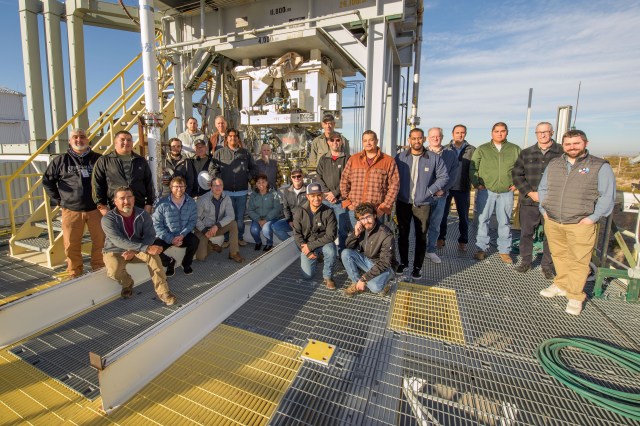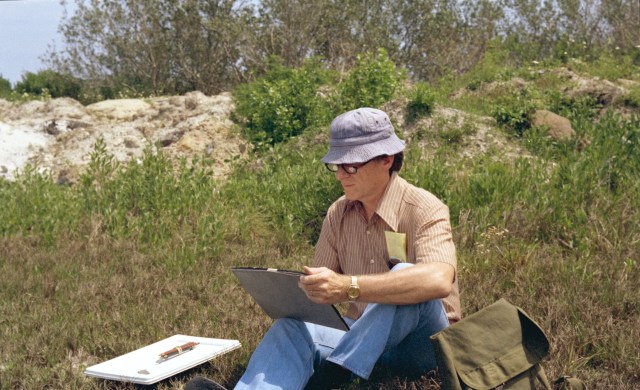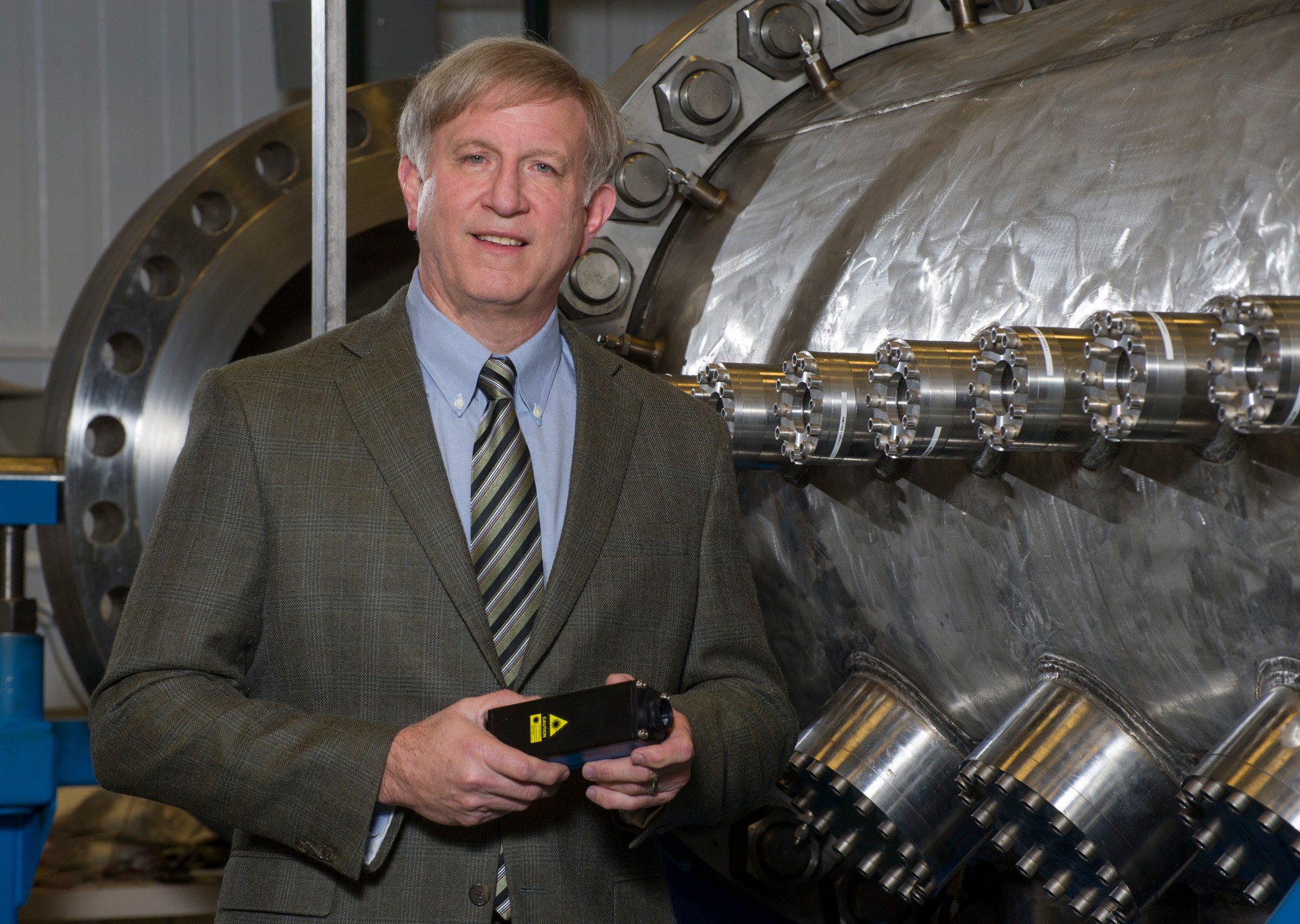The American Institute of Aeronautics and Astronautics recently honored Bill Emrich with its prestigious 2015 Engineer of the Year award for his innovative nuclear propulsion research and testing at NASA’s Marshall Space Flight Center in Huntsville, Alabama.
“It’s unbelievable and an honor that I never expected to receive,” said Emrich of the award. “This was definitely a surprise.”
Emrich will receive the award at the AIAA Propulsion and Energy Forum and Exposition July 27-29 in Orlando, Florida. The award is presented to a member of AIAA who has made a recent individual contribution in the application of scientific and mathematical principles leading to a significant accomplishment or event. Emrich conceived, designed and now operates the megawatt-class Nuclear Thermal Rocket Element Environment Simulator.
NTREES allows engineers and researchers to perform realistic, non-nuclear testing of prototypical nuclear rocket fuel elements by creating an environment that simultaneously reproduces the power, flow and temperature conditions that the fuel element would be expected to encounter during actual nuclear engine operation. While radiation effects cannot be reproduced by NTREES, it is expected these effects will be relatively less important than the thermochemical effects resulting from the high temperatures and chemically corrosive propellant flows.
“These technologies have the potential to drastically reduce travel time to Mars and other destinations by providing high thrust at efficiencies at least twice that of today’s best chemical engines.” Emrich said. “This work is wonderfully rewarding because I’ve always dreamed of working on rocket engines that would send the first explorers to Mars and this project focuses all my engineering skills on achieving that goal.”
Emrich attributes part of his success to his commitment to lifelong learning. He earned numerous college degrees including a bachelor’s degree in mechanical engineering from Georgia Institute of Technology; a master’s degree in nuclear engineering from the Massachusetts Institute of Technology; and a doctorate in mechanical and aerospace engineering from the University of Alabama in Huntsville, where he now teaches nuclear rocket propulsion for the Mechanical and Aerospace Engineering Department and mentors young engineers.
“Growing up, I always dreamed of working for NASA,” said Emrich. In 1987, he finally got his foot in the door at Marshall with a job in Software Quality Assurance. Now, Emrich is working at the forefront of research that is propelling America’s journey to Mars.
Using non-fissionable isotopes of the materials used to fabricate the nuclear rocket fuel elements, the Nuclear Cryogenic Propulsion Stage team of which NTREES is a part, is tackling a three-year project to demonstrate the viability of nuclear propulsion system technologies.
“Bill’s contributions to NTREES have taken this program to the next level,” said Preston Jones, deputy director of engineering at Marshall. “We are proud of his accomplishments and this award is a testament to his level of professionalism and expertise.”
Emrich said he is excited about having NTREES fully operational and ready to proceed with tests. “We expect to conduct our first tests using a cermet fuel source soon,” he said. Cermet fuel — a ceramic-metal mixture partially composed of fissionable materials — is made and provided by Marshall’s Materials and Processes Laboratory. Cermets and other fuel designs can also be produced by outside organizations or agencies. Those groups can request NASA management to use Marshall’s test facilities to evaluate various aspects of their materials. Non-testing provides a substantial savings in both time and costs by eliminating many of the safety concerns which would have to be addressed if the testing were being done in a radiation environment.
“We are ready to load sample fuel sources and use the hardware and software components to practice test operations,” said Emrich. “These will be important precursors to the cermet fuel tests.”
As only the second Marshall team member to win the coveted AIAA award, Emrich quickly acknowledged all the support he received along the way. “I thank my boss, Jim Martin, along with Michael Schoenfeld, Robert Moran, Boise Pearson, Tommy Reid and all the other engineers and technicians who contributed detailed designs, allowing me to focus on the larger systems of NTREES,” he said. “Marshall’s engineering management has been very supportive, working hard to get the resources needed for us to be successful.”

